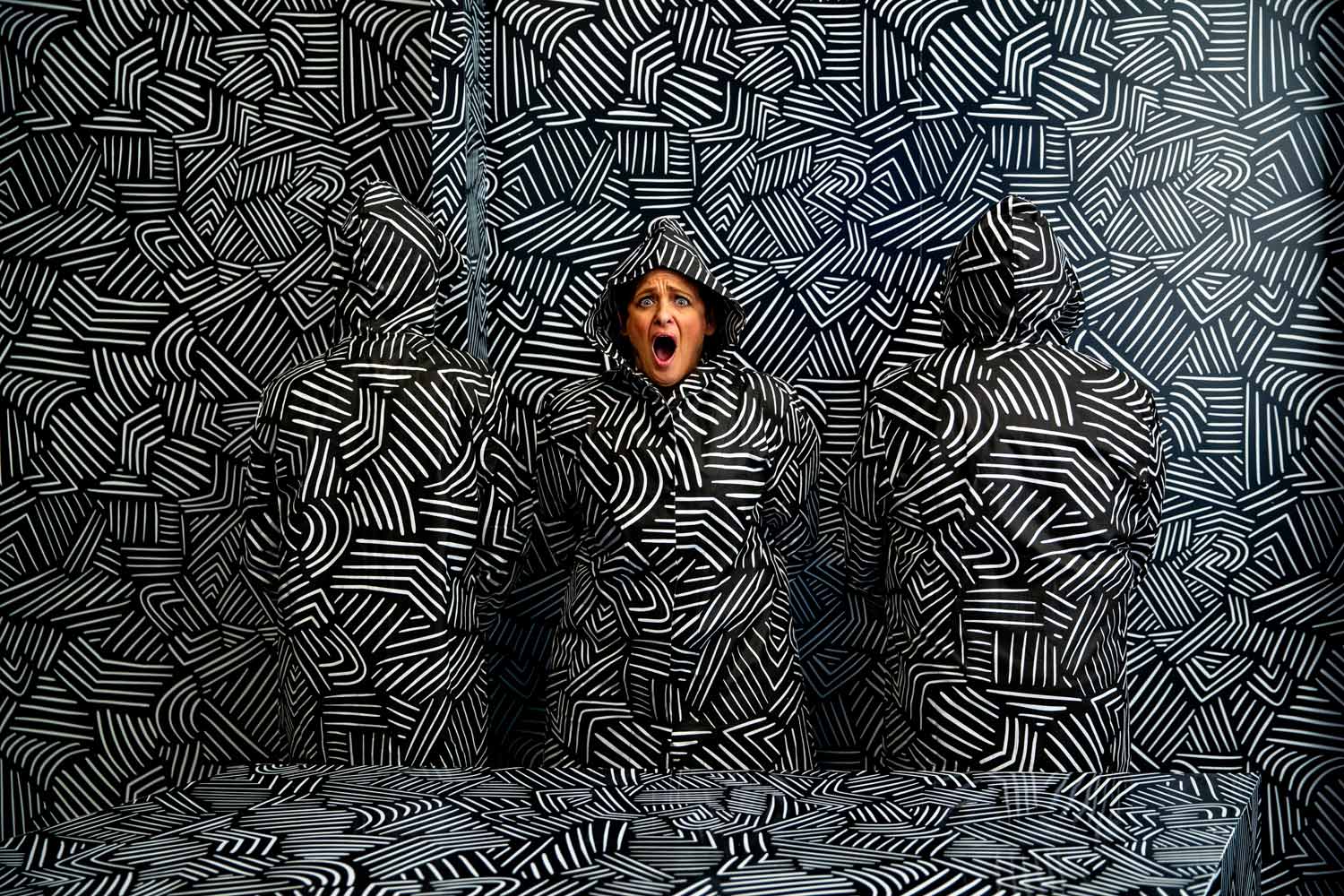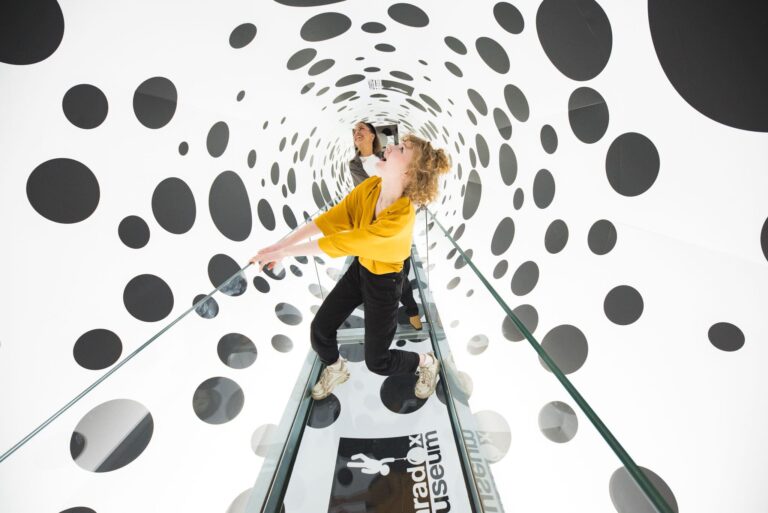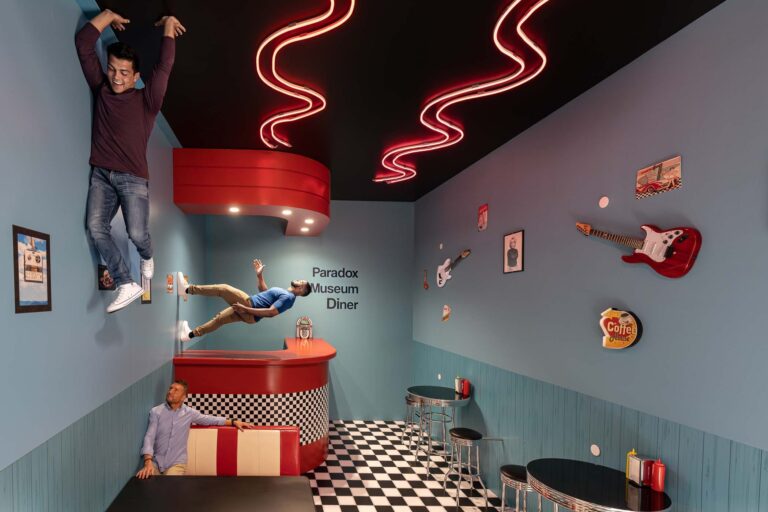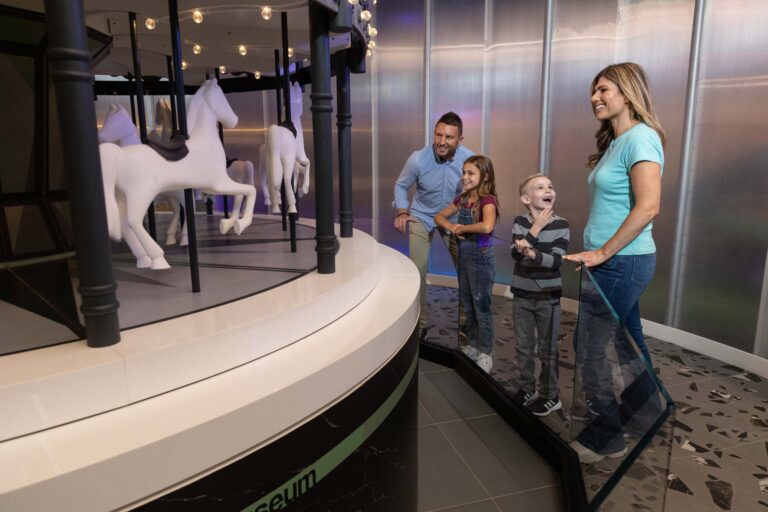Paradoxes and the Human Brain
When it comes to paradoxes, it’s as if our brains have a secret love affair with confusion. In this article, we’re about to embark on a journey deep into the fascinating relationship between paradoxes and the human brain. What makes these mind-bending riddles so irresistible, and why do we find solace in the very confusion they create?
Unlocking the Paradox of Paradoxes
Before we dive headfirst into the labyrinth of the human brain, let’s first demystify what paradoxes are. Paradoxes are like intellectual conundrums that seem to defy the laws of logic. They have been the source of intrigue for great thinkers throughout history, from ancient philosophers to contemporary scientists.
The Cognitive Circus
At the core of our fascination with paradoxes lies a cognitive challenge. When we encounter a paradox, our brains eagerly embark on a quest to resolve the apparent contradiction. As creatures wired for logical consistency, we grapple with these enigmas, setting the stage for a mental showdown.
The Pleasure of Mental Gymnastics
Oddly enough, the confusion paradoxes create can be quite pleasurable. Psychologists refer to this phenomenon as “cognitive dissonance.” It’s akin to the delightful discomfort of holding two opposing beliefs in your mind. Paradoxes amplify this sensation, making our brains perform mental gymnastics!
The Eureka Moment
The joy of paradoxes lies in the “Eureka moment” when the pieces of the puzzle finally fall into place. It’s akin to deciphering a complex code or solving a riddle. This sense of accomplishment adds to our attraction to paradoxes. We savor the mental challenge and the rewarding clarity that follows.
Expanding the Horizons of Thought
Paradoxes aren’t just brain teasers; they’re also catalysts for expanding the horizons of our thoughts. They force us to question our assumptions, challenge conventions, and dive deep into the realms of critical thinking. In essence, they push us to evolve intellectually.
Entertainment Extravaganza
Beyond their cerebral charm, paradoxes have significant entertainment value. They infuse excitement into books, movies, and games. We’re drawn to narratives that defy logic and expectation, characters who exist in paradoxical states, and situations that challenge our understanding of reality.
A Cultural Tapestry
Paradoxes aren’t confined to the academic arena; they’ve woven themselves into the fabric of our culture. From famous paradoxes like the Ship of Theseus to time-bending paradoxes in science fiction, they’ve become a part of our shared intellectual heritage. They spark conversations, inspire creativity, and shape our worldview.
Everyday Paradoxes
Paradoxes aren’t just reserved for philosophy and fiction. They find their way into everyday life. Consider the paradox of learning from our mistakes, even though we’d rather not make them in the first place. These everyday paradoxes remind us that life is full of intricacies and that embracing contradictions is part of the human experience.
In Conclusion
As we navigate the intricate dance between paradoxes and the human brain, we find a mesmerizing interplay of bewilderment, curiosity, and enlightenment. Paradoxes challenge our cognitive capacities, offer gratification in their resolution, and motivate us to stretch the boundaries of our intellect. Whether we encounter them in philosophy, entertainment, or the mundane moments of our lives, paradoxes continue to captivate our minds and affirm that the human brain is a paradox-loving enigma in itself!
Plan your visit to the Paradox Museum today and embark on an extraordinary adventure that’s bound to leave you amazed, enlightened, and inspired. See you at our museum!






